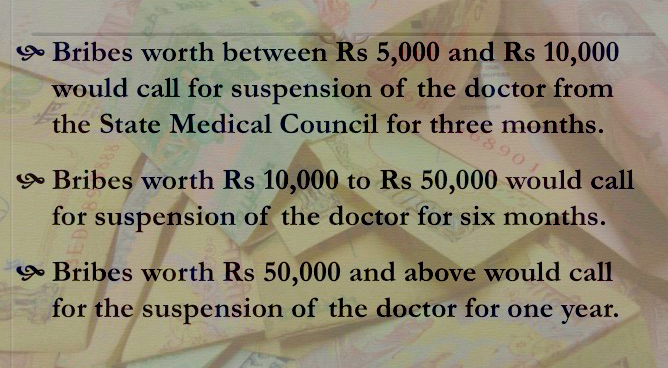
The earthquake in Nepal cracks open the nexus between doctors and pharmaceutical companies in India
The Nepal earthquake unearthed once again the ‘open secret’ of the unethical relationship between doctors and pharma companies. A team of 27 people including doctors, their family and medical representatives had been to a trip to Nepal sponsored by a pharmaceutical company in Dharwad.
The team was reported to be safe in the earthquake hit Nepal. The Indian government stepped up with relief and flew them back on 28th April, Tuesday. While everyone back home is happy about their safe return, the incident has churned out the issue of doctors engaging in unethical practices.
Vasanth Kadlur of Sushma pharmaceutical company, in an article for Deccan Herald has accepted that they do sponsor such foreign trips for doctors and medical representatives, regularly. However, he refused to give the names of the doctors who took this trip.
“MCI code of ethics” – No sponsored trips
As per the guidelines of the Medical Council of India (MCI), doctors are not supposed to receive favours from pharmaceutical companies. Moreover, the amendment of the rules in 2009 specifies that they should not accept any travel facility or hospitality such as hotel accommodation, inside or outside the country, from any pharmaceutical company.
These MCI regulations aim to curb the influence of drug companies on doctors to prescribe expensive medicines or even unnecessary medication. But despite the regulation there have been continued violations. If not for the earthquakes, this secret tour to Nepal too would have been buried underground like all the other violations.
MCI code of ethics – punishment for accepting bribes
UCPMP code – voluntarily ignored
The UCPMP code, which is a voluntary code adopted by pharmaceutical industry doesn’t allow such sponsored foreign trips. The government is mulling to make it a statutory code and has given 6 months time for companies to adopt the code or face the law.
The violations like this may force the government to pursue the statutory code, which in current form is too restrictive for healthy interaction between pharmaceutical companies and healthcare professionals.


